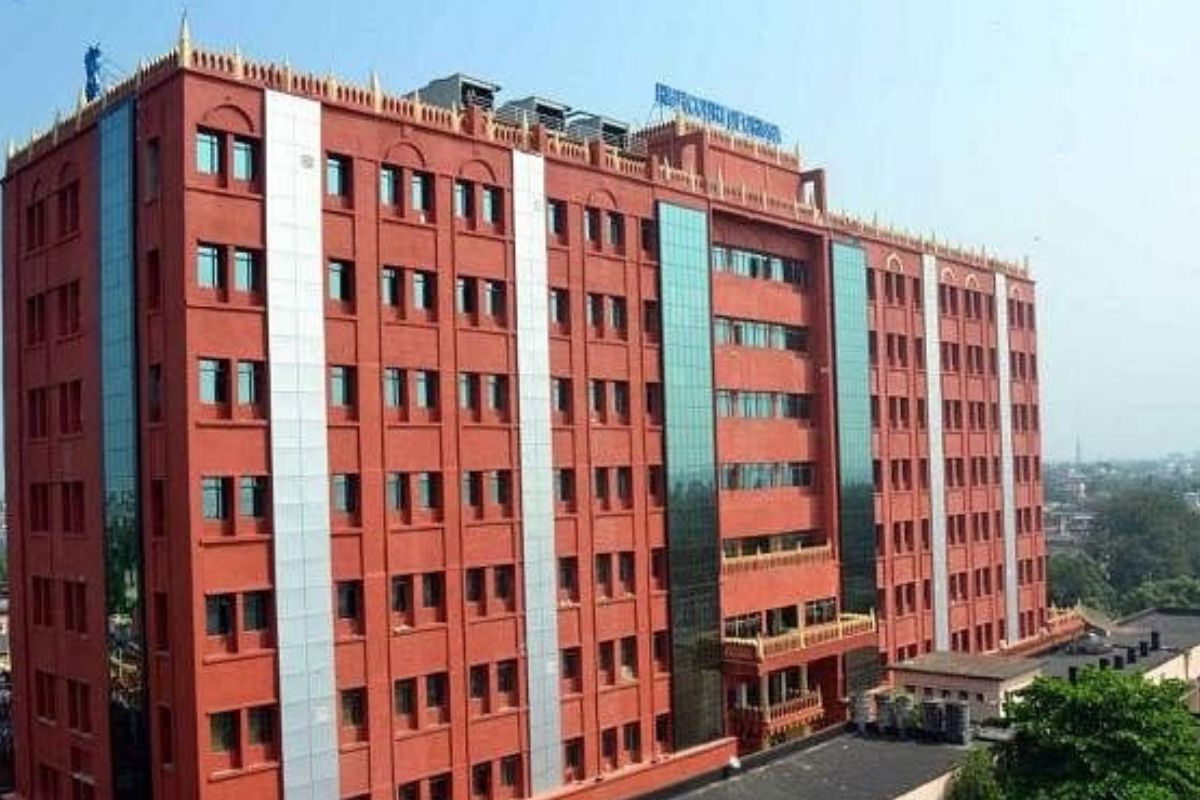“Determining cases of medical negligence presents a significant challenge for courts and presiding judges, primarily due to the complexity of the medical facts involved. Medical negligence cases often require a deep understanding of intricate medical procedures, standards of care, and the nuances of clinical judgment,” the Orissa High Court observed while adjudicating the grievance of a widow whose husband died of cancer in an alleged case of medical negligence.
Judges, who may not have medical expertise, must rely on expert testimonies to interpret these specialized aspects, making it essential to evaluate the credibility and reliability of these experts, Dr. Justice S K Panigrahi stated in an order pronounced recently.
Advertisement
Adjudicating the prayer of the petitioner Kaushalya Sharma, Dr. Justice Panigrahi directed the Odisha Director of Health Services to establish and participate in a three-member committee, including medical experts from neutral third parties, for the thorough examination of the case at hand.
The petitioner had alleged medical negligence, misdiagnosis, and lack of treatment at Acharya Harihar Regional Cancer Centre, and S.C.B. Medical College & Hospital in Cuttack. Incidentally, these institutes are the premiere government-run healthcare Centres in Odisha.
The task of dissecting complex medical evidence and distinguishing between acceptable and negligent care demands a high level of scrutiny and understanding, which can be daunting without a medical background.
Furthermore, the intricate nature of medical knowledge in negligence cases adds another layer of difficulty. Medical professionals employ specialized techniques and make decisions based on evolving clinical data, which can vary widely among practitioners.
Assessing whether a deviation from standard care constitutes negligence involves not only understanding these standards but also evaluating if the deviation had a direct and significant impact on the patient’s outcome. This process requires the court to navigate through a labyrinth of medical information, often presented in highly technical language, which can be overwhelming and lead to potential misinterpretations.
The medical expert must be capable of offering competent, credible, and independent testimony that can aid the Court in its deliberations. These requirements underscore the importance of reliable expert evidence and the risks associated with relying on experts who do not meet these standards, as such testimony may mislead the Court and undermine the integrity of the judicial process.
Despite their (experts) expertise, translating this specialized knowledge into clear, understandable terms for the court and jury remains a challenging endeavor. The judiciary must carefully balance the expert opinions, ensuring that the medical facts are accurately represented and that justice is served in a manner that upholds both the legal and medical standards.
The court’s responsibility extends beyond delivering justice to the aggrieved parties; it also encompasses upholding the integrity of medical practices and reinforcing accountability within the healthcare system. Such cases must be addressed with both sensitivity and rigor to prevent future incidents and to preserve public confidence in medical institutions, the judgment concluded.











